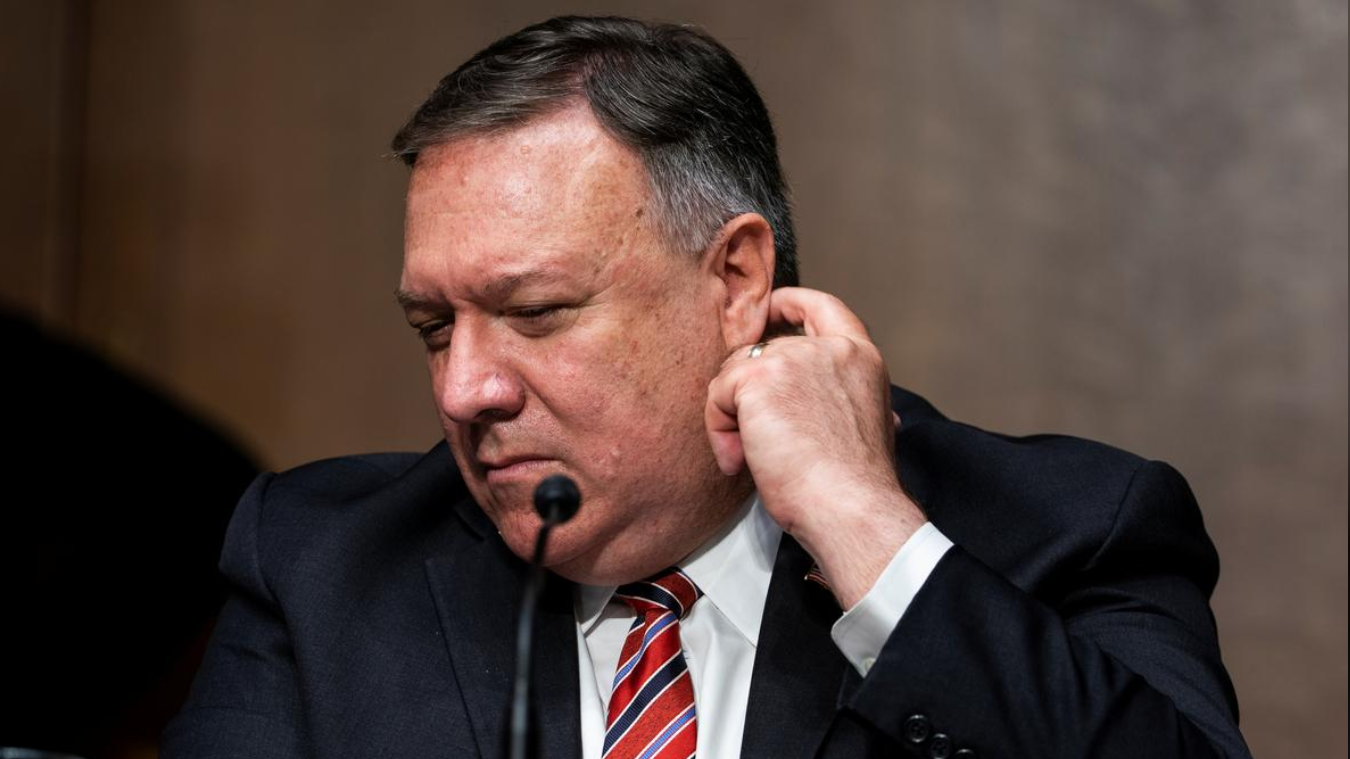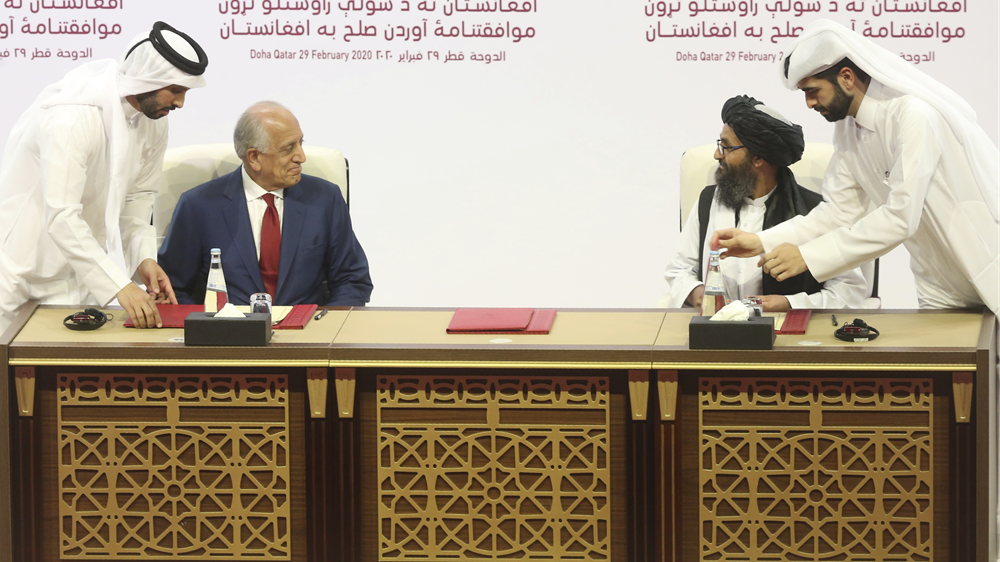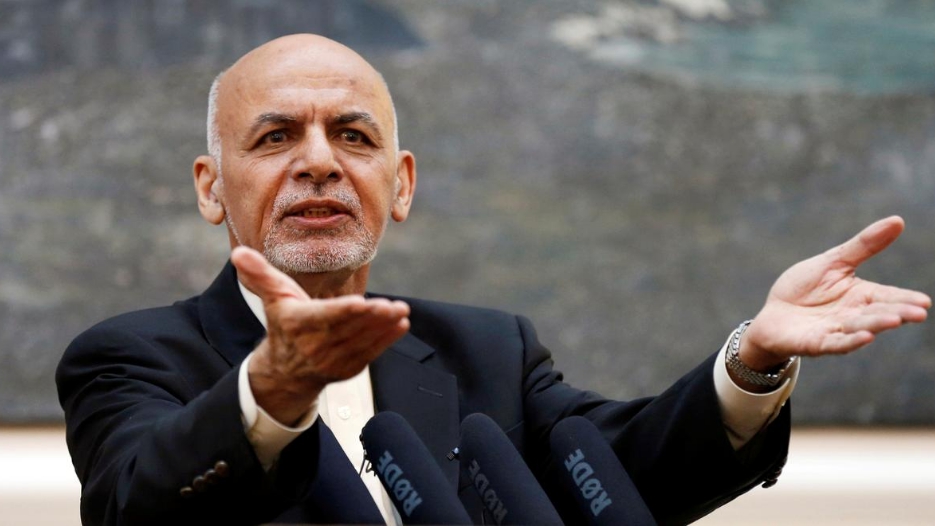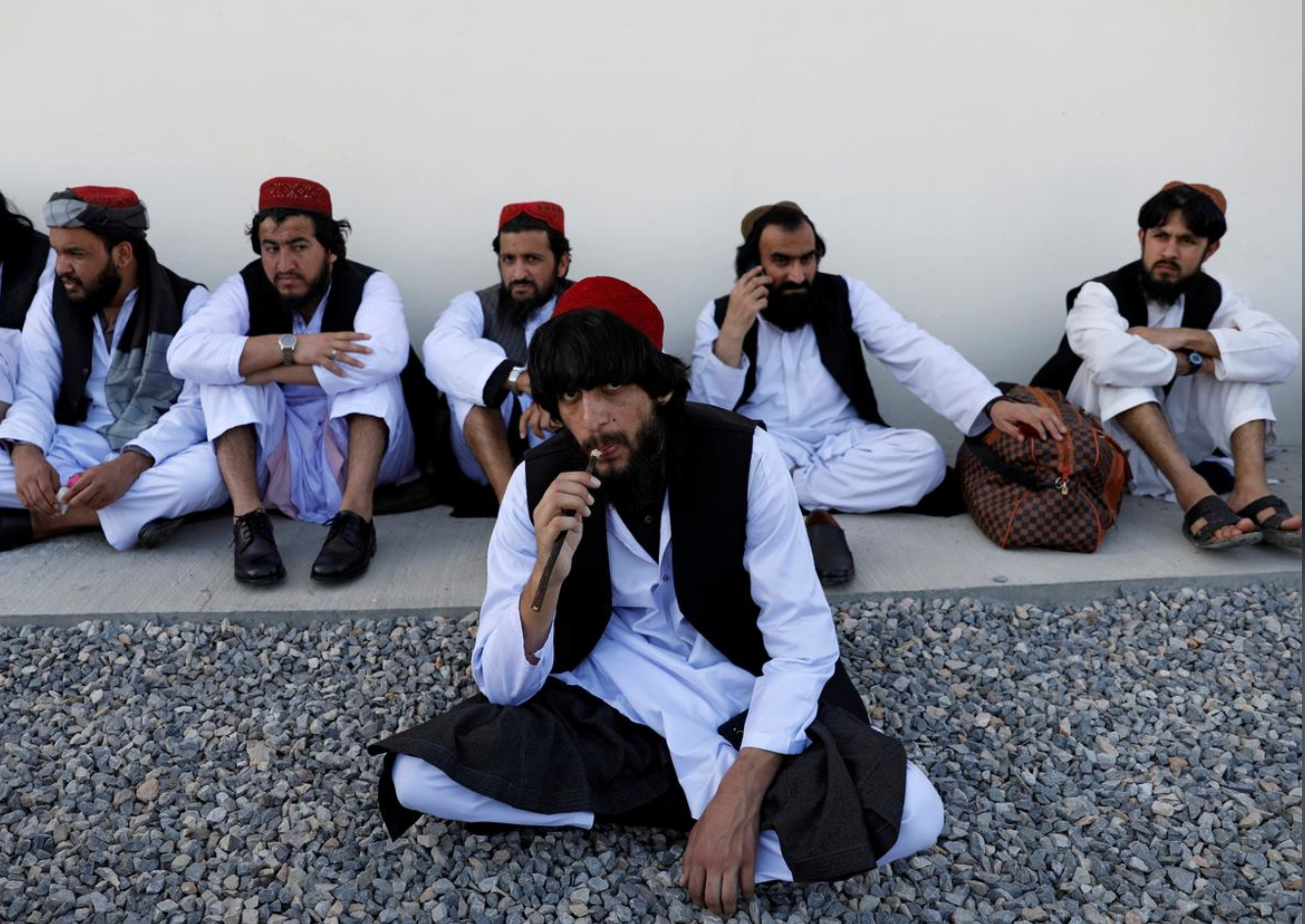U.S. Secretary of State Mike Pompeo held a video meeting on Monday with Taliban's chief negotiator, Mullah Baradar Akhund, to discuss the state of the Afghanistan peace process, an insurgent spokesman said.
The discussions included the issue of Taliban prisoners whose release by the Afghan government the insurgents are demanding, Suhail Shaheen, the Taliban spokesman in Doha said on Twitter.
Read more: Afghanistan's lingering quagmire, has the Trump formula worked?

Mike Pompeo testifies during a Senate Foreign Relations Committee hearing on the State Department's 2021 budget in Washington, D.C., U.S., July 30, 2020. /Reuters
Mike Pompeo testifies during a Senate Foreign Relations Committee hearing on the State Department's 2021 budget in Washington, D.C., U.S., July 30, 2020. /Reuters
The Taliban want the prisoners freed before they join talks with government officials and other Afghans on a political settlement to decades of war.
The State Department did not immediately respond to a request for comment.
"Both sides talked about the inception of intra-Afghan negotiations" and they "emphasized that the release of the remaining prisoners are essential for commencement of intra-Afghan negotiations," Shaheen wrote.
Read more: Afghan peace: now or never
The meeting between Pompeo and Baradar, the Taliban's Doha-based deputy leader, came as Afghan security forces ended a siege of a major prison in eastern Afghanistan by Islamic State militants in which hundreds of prisoners escaped.
It was not immediately known if the escapees included any of the prisoners whose release the Taliban is demanding.
01:47

The release of the Taliban prisoners has become a major hurdle to the convening of intra-Afghan peace talks, which were to have started by March 10.
A February 29 agreement United States signed with Taliban aims to withdraw all forces from Afghanistan in 14 months. It called for Kabul to free up to 5,000 Taliban prisoners in return for the release by the insurgents of up to 1,000 government detainees.
The Taliban has released around 1,000 detainees. The Afghan government, under U.S. pressure, has freed around 4,600 Taliban prisoners named on a list compiled by the insurgents.

File photo of Afghan President Ashraf Ghani who speaks during a news conference in Kabul, Afghanistan. /Reuters
File photo of Afghan President Ashraf Ghani who speaks during a news conference in Kabul, Afghanistan. /Reuters
Afghan President Ashraf Ghani, however, is resisting freeing the remaining 400 named on the list, contending they were involved in serious crimes, including a massive 2017 bombing against the German embassy and other bloody attacks.
Instead, Ghani is expected to release 500 prisoners who are not on the list, and has called a traditional assembly of tribal elders from across the country – known as a loya jirga – to consult on whether to free those remaining on the list.
The assembly is expected to be held later this month.

Newly freed Taliban prisoners sit at Pul-i-Charkhi prison in Kabul, Afghanistan, May 26, 2020. /Reuters
Newly freed Taliban prisoners sit at Pul-i-Charkhi prison in Kabul, Afghanistan, May 26, 2020. /Reuters
Rumors of Taliban regrouping
At least 29 people were killed in a raid on an Afghan prison claimed by the Islamic State group, officials said Monday.
The attack came a day after Afghanistan's intelligence agency announced the killing of a top ISIL commander near Jalalabad, where about 1,700 ISIL and Taliban inmates were being held.
Read more: A refresher of Afghanistan's wars: How did it all start?
Jalalabad, the capital of Nangarhar province some 130 km (80 miles) east of Kabul, lies on the highway leading to the Khyber Pass and the Pakistani city of Peshawar.
Nangarhar province has seen deadly ISIL group's attacks, including a suicide bomb that killed 32 mourners at a funeral in May.
The ISIL group attacks continue despite officials claiming last year that the group had been defeated in Nangarhar.
A United Nations report last month estimated there are around 2,200 ISIL group members in Afghanistan, and that while the group has lost territory and its leadership has been depleted, it remains capable of carrying out high-profile attacks.
(With input from agencies)